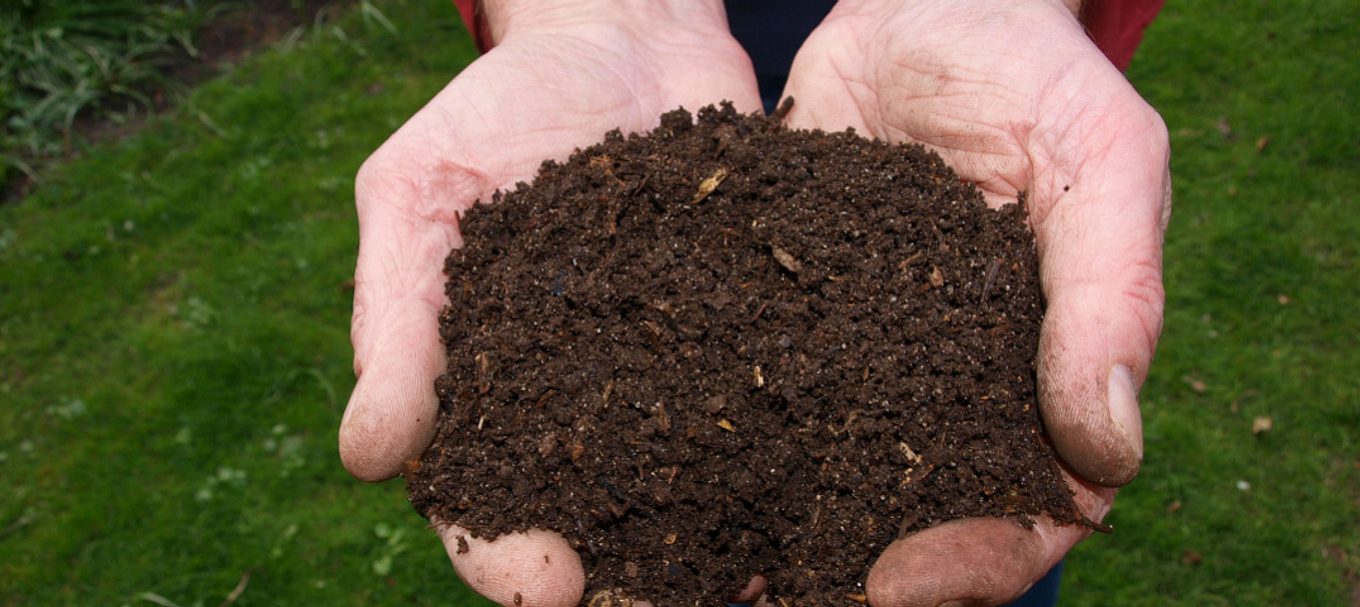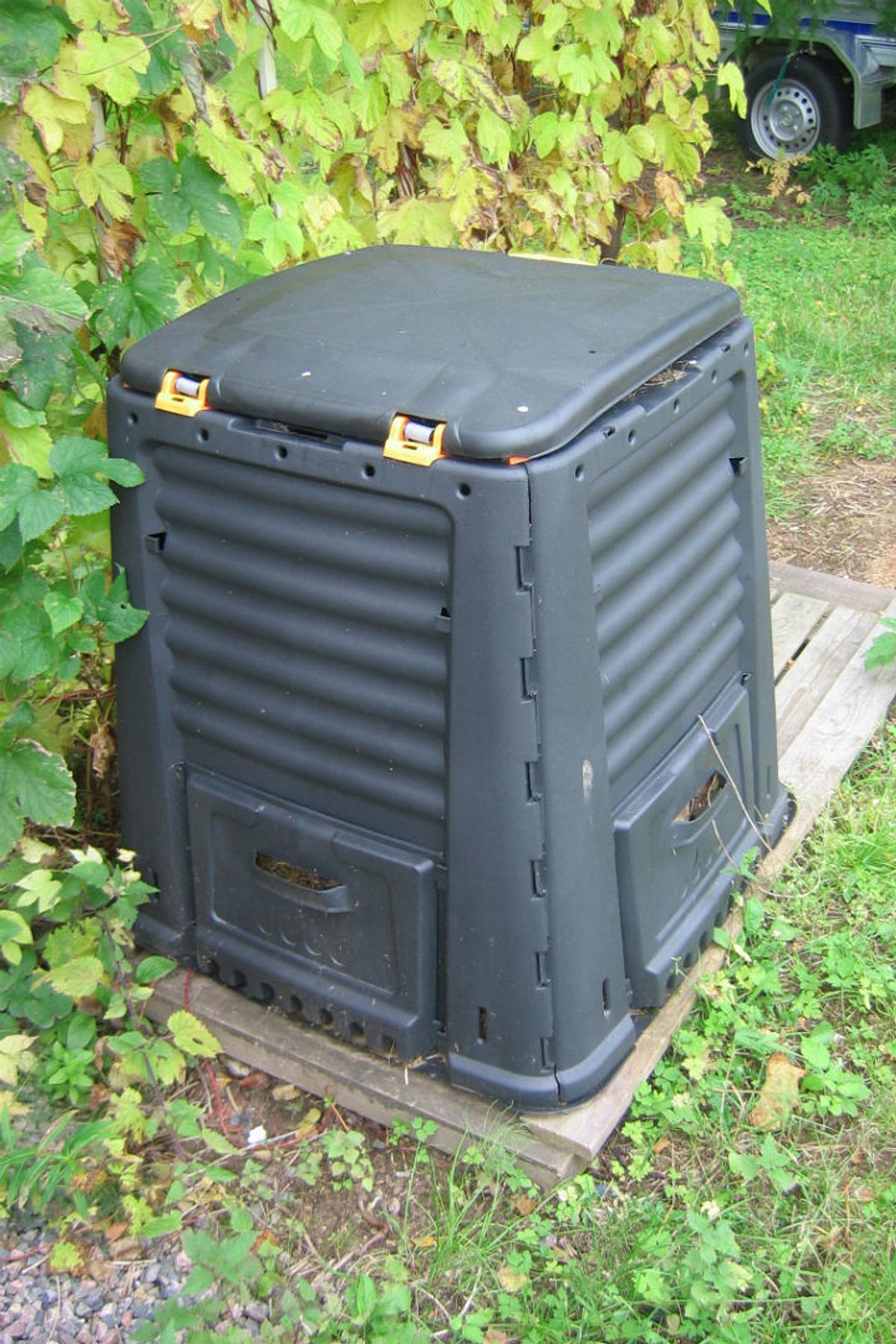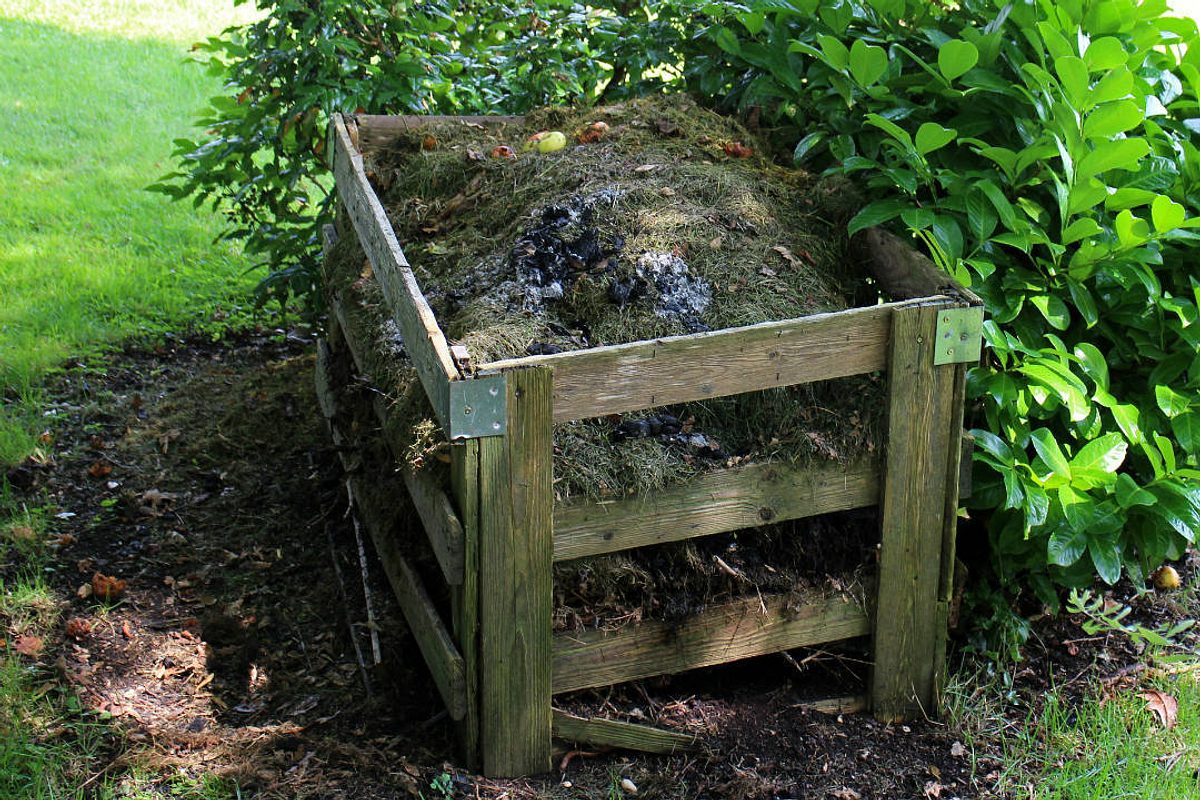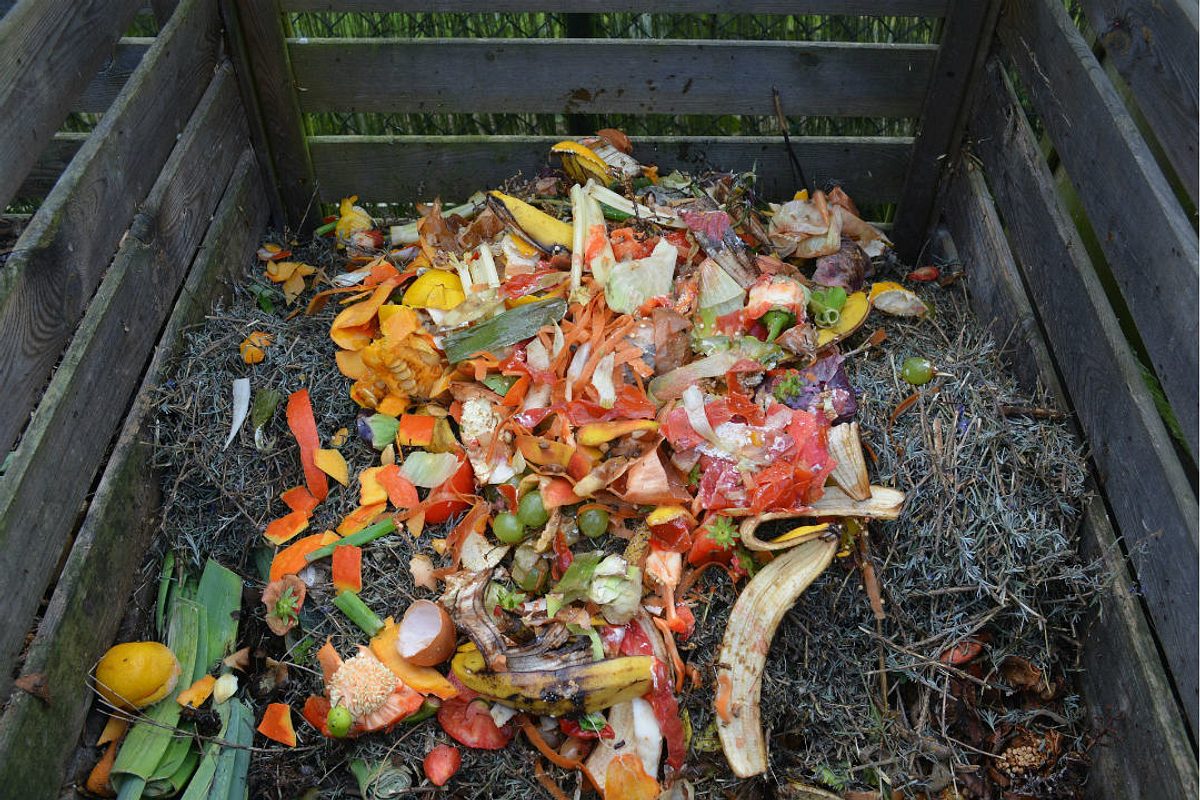
A beginner’s guide to composting
Do you like the idea of composting but haven’t tried it because it seems too difficult?
Put simply, composting breaks down organic matter, which is anything that was once living. This means you are recycling vital nutrients so you can use them to improve the quality of your soil.
Up to half of the waste thrown out by the average Australian household is organic material.
Of course you can put your organic waste in your green council bin to be collected and turned into mulch and other products. Or you can set up your own garden composting system and make your plants healthier at no extra cost.
Composting is easy and knowing how to set up a garden composting system can take your gardening effort to the next level.
Here are some simple tips on how you can start composting and turn your kitchen and garden waste into what some gardeners call ‘black gold’:
1. Choose a method and location
The size of your backyard should determine whether you should use a composting bin or have a garden compost pile.
For smaller backyards, static or tumbling composting bins are good options.

If you have more room you can opt for a garden compost pile or bay, or even several bays for compost at different stages.

Choose an area of your yard with some shade so the material doesn’t dry out.
2. Know what to compost
There are two broad categories that you can put in your compost bin or pile – green and brown.
Green materials include fruit and vegetable scraps, used tea, coffee grounds, crushed eggshells, grass clippings, green plant cuttings, old flowers and many weeds.
Brown materials are things like straw, paper and cardboard, dry leaves, woody prunings and sawdust (but not from treated wood).
3. Know what to avoid
Don’t put diseased plants, pet droppings (apart from chook manure), cooking fat, glossy paper, weeds with seeds, treated timber and large branches in your compost bin.
Some gardeners say you should avoid adding meat and bones unless you have a larger compost system.
4. Layer the material
Whether you’re using a composting bin, or building up a garden compost pile, it is important to know how to layer your compost.
Start with a base layer of twigs, mulch or old potting mix to encourage air circulation and provide drainage.
Follow with layers of green and brown material — say garden clippings and kitchen scraps, then leaves and wet paper.

Add water after each layer to keep the pile moist but not too wet. Finish with a layer of soil or finished compost to help reduce odours.
Remember that the smaller the items are, the faster they will decompose.
When layering, try to add two parts brown material to one part green.
Turn or aerate the compost with a fork every week or two. Another option is to poke garden stakes or plastic pipes through the heap to allow air in.
Covering the compost at the top will keep in heat and moisture, which are essential for the process.
5. Distribute your black gold
The compost is ready for use when it’s a rich brown colour and crumbles easily. This could take a few months, depending on the size of the bin or pile.
Compost is a great soil conditioner that adds nutrients and helps your garden retain moisture. It can also reduce the need to add fertiliser and make your plants more resistant to disease.
You might also find that setting up a garden composting system opens your eyes to the amount of food that gets wasted, and makes you rethink your next shopping list.
If you live in a fruit fly outbreak area in South Australia, please check the latest advice before composting restricted fruit and vegetables at fruitfly.sa.gov.au
Nature-proofing your backyard? You might like to check out our stories: How to attract native bees and How to make a raingarden.
This story was originally posted in May 2019.





